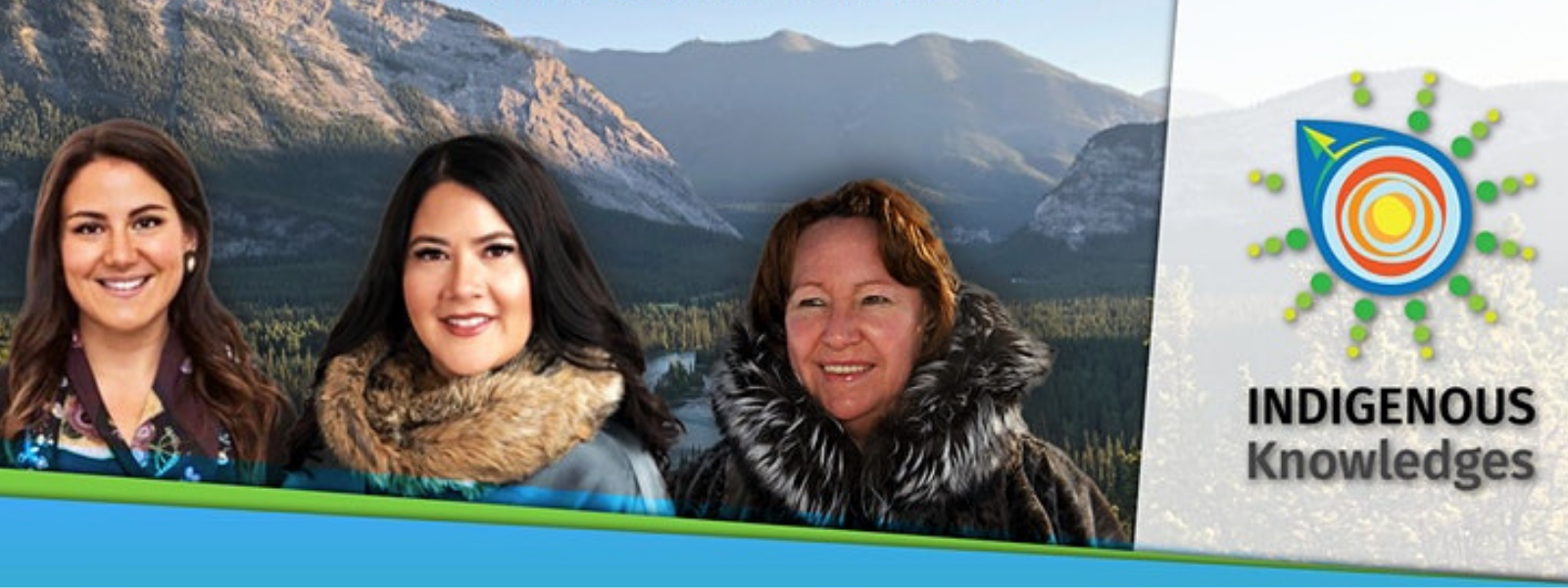1pm Eastern, 12pm Central, 10am Pacific
A major release of Indigenous-focused data, knowledge, and resources developed by, with, and for Métis, First Nations, and Inuit communities.
About this event
The University of Winnipeg’s Prairie Climate Centre, in partnership with the Assembly of First Nations (AFN), Métis National Council (MNC), and numerous Indigenous collaborators, is launching Indigenous-focused data, knowledge, and resources developed by, with, and for Métis, First Nations, and Inuit communities. Special guests include the following Indigenous leaders:
Cassidy Caron, President of the Métis National Council
Cassidy Caron is a Métis woman with roots in the historic Métis communities of Batoche and St. Louis, Saskatchewan. She grew up closely connected to her Métis traditions, has extensive Indigenous research and program evaluation experience, and is a Nation builder. Cassidy was elected as the first ever woman President of the Métis National Council in September 2021.
Kluane Adamek, AFN Yukon Regional Chief
Kluane Adamek is the Assembly of First Nations (AFN) Yukon Regional Chief and holds the AFN National Portfolio for Climate Change and the Environment. A proud citizen of the Kluane First Nation, Adamek belongs to the Dakl’aweidi (Killerwhale) Clan and comes from diverse Tlingit, Southern Tutchone, German and Irish origins.
Siila Watt-Cloutier, Inuk Climate Change Advocate
Siila Watt-Cloutier was nominated for a Nobel Peace Prize for her groundbreaking work linking climate change and human rights, especially in the Arctic. She was the Canadian President of the Inuit Circumpolar Council (1995-2002) and later their international chair (2002-2006), representing 155,000 Inuit from Canada, Greenland, Alaska, and Russia. Her highly celebrated book The Right to Be Cold was released in 2015.
The videos, articles, and climate data and maps that will be released represent a new set of tools for Indigenous communities to increase their climate awareness, preparedness, and resilience, which builds on the deep and long-term connection, capacity and expertise Indigenous peoples have regarding navigating environmental change. This launch will include climate data for all 634 First Nations communities, all 53 Inuit communities, and projects across the Métis homeland as well as new videos and resources to support Indigenous-led climate solutions.

